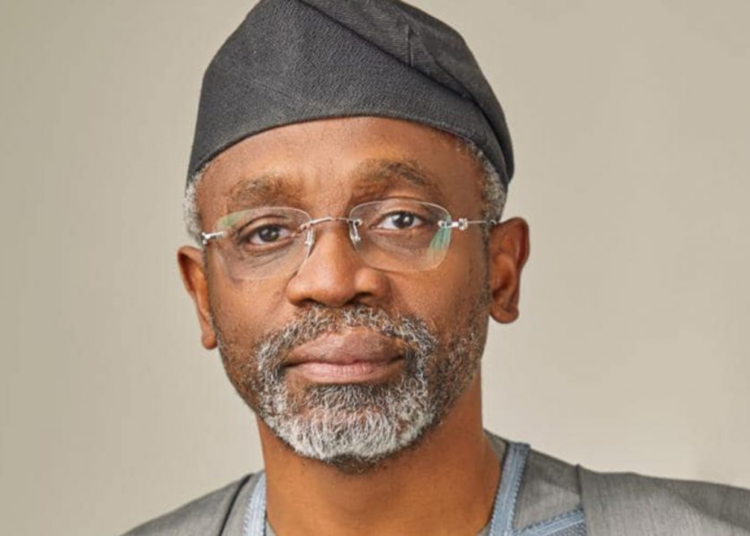Following the widespread electoral violence which trailed the 2011 general election, the Sheikh Ahmed Lemu Committee as well as the Senator Ken Nnamani Committee on Constitutional and Electoral Reform in 2017 recommended the need for an electoral offenses commission.
Before the above, late President Umaru Yar’adua had after admitting electoral irregularities in the election that made him the president in 2007, set up a 22-member Electoral Reform Committee headed by retired Justice Muhammed Uwais. The body was principally charged to “examine the entire electoral process with a view to ensuring that we raise the quality and standard of our general elections and thereby deepen our democracy”. 198 days after President Yar’Adua mooted the idea, precisely on December 11, 2011, Uwais submitted the panel’s recommendation
Therefore the Electoral Offences Commission bill stemmed from the recommendations of the Justice Mohammed Lawal Uwais Committee on electoral reforms and subsequent committe of Sheikh Lemu and Senator Ken Nnamani.
During the 8th National Assembly (2015-2019), a the member from Benue State, Hon John Dyegh initiated a Bill for a law to tackle electoral malpractices. In the current assembly, the House consolidated five bills for an Electoral Offences Commission. The aim is to take the burden of prosecuting violators of electoral laws off the Independent National Electoral Commission (INEC).
Offences provided for in the bill include those arising from violating existing laws, those by any person (false statement, defacing electoral material, manufacturing, importing or being in procession of electoral materials, etc), offences relating to the register of voters and voter cards, violations by electoral officers, impersonation, undue influence (including inducing or compelling a person to give or refrain from giving his vote to a particular candidate), bribery and perversion of electoral justice.
The commission would also be able to prosecute any offence that was committed prior to the coming into force of the law (if it does). The bill seeks to grant the AGF power to “make rules or regulations with respect to the exercise of any of the duties, functions or powers of the commission”.
Functions of the commission as spelt out in the Bill include investigation of all electoral offences created in any law relating to elections in Nigeria and prosecution of all offenders subject to the provisions of Section 174 of the 1999 Constitution.
The section borders on the powers of the Attorney-General of the Federation (AGF) to institute, continue, take over or discontinue criminal proceedings against any person in any court of law.
The commission will liaise with the AGF, electoral bodies and security and law enforcement agencies in the discharge of its duties; maintain records of all persons investigated and prosecuted, and liaise with other bodies within and outside Nigeria involved in the investigation and prosecution of electoral offences among others.
The commission will be empowered to investigate, arrest and prosecute any person, corporate body or organisation alleged to have committed an offence under the Bill, the Electoral Act or any other law relating to elections in any part of the country or is alleged to have corruptly perverted or undermined the course of electoral justice.
It is also to be empowered to adopt measures to prevent, minimise and eradicate the commission of electoral offences across the country and also to seize any moveable or immovable property that is used or suspected to have been used to commit an electoral offence.
The commission will also have the power to initiate, develop and implement special training programmes for its law enforcement officers and other personnel on methods to be used in the detection of electoral offences, collection of evidence, law enforcement techniques, legal prosecution and defence, among others.
In July 2021, the Senate passed a bill that seeks to establish the Commission. The bill prescribes a 20-year jail term for offenders found guilty of snatching ballot boxes during elections. It also proposes that any candidate or agent who damages or snatches ballot boxes, ballot papers or election materials before, during and after an election without the permission of the election official in charge of the polling station, shall be jailed for 20 years or fined N40 million.
But in the House, the report was laid by the chairman, House Committee on electoral matters, Hon. Aisha Dukku in September 2022, and in line with legislative practice, the recommendations of the committee are expected to be considered by the committee on the next legislative day. Why the report is yet to be considered is for the speaker and leadership of the House to answer.





